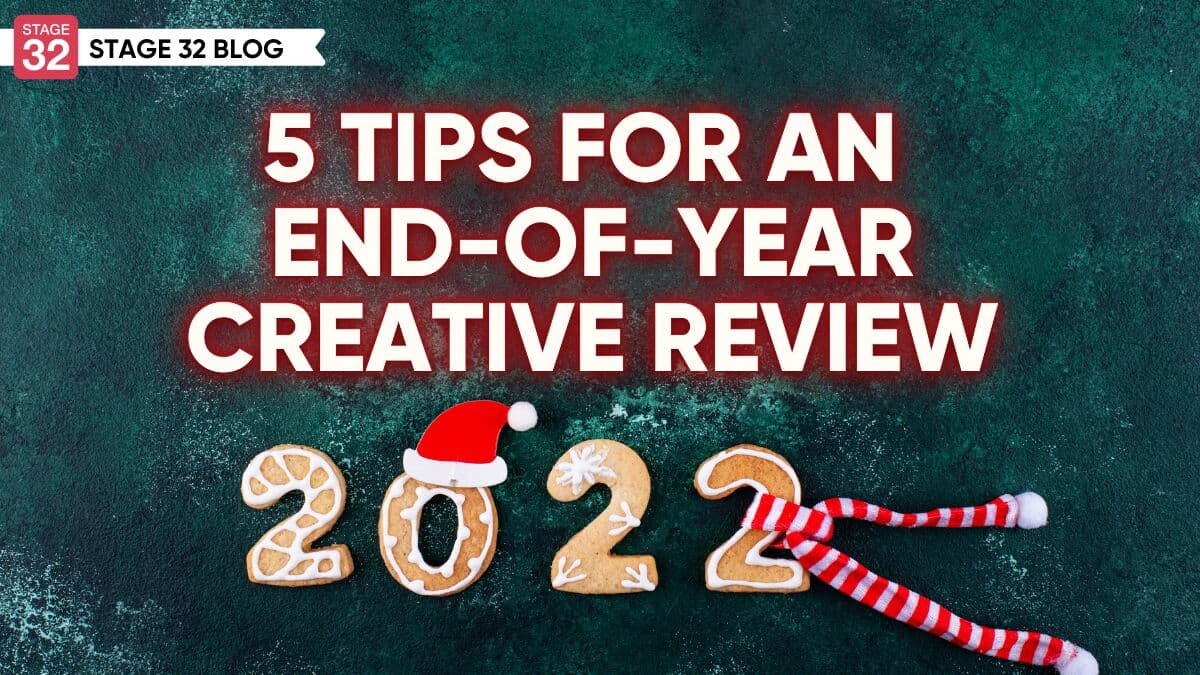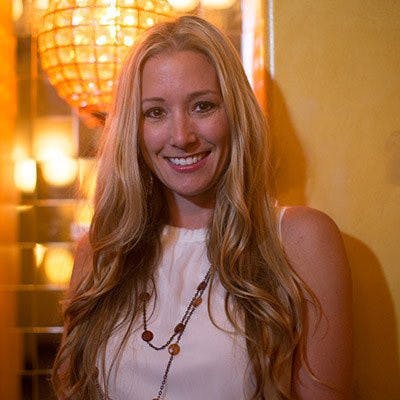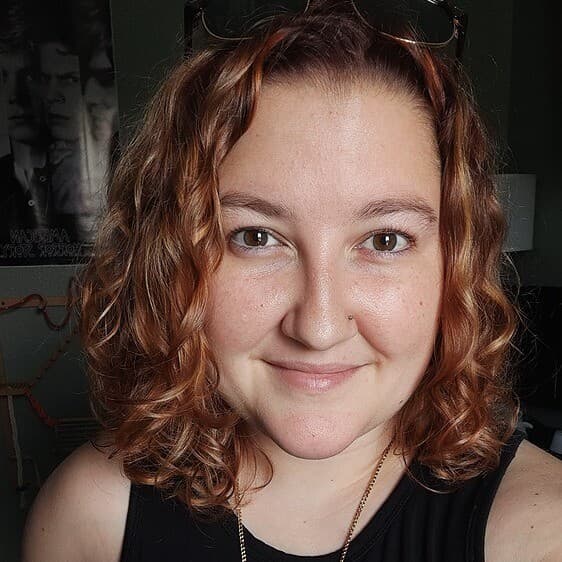5 Tips for an End-of-Year Creative Review

5 Tips for an End-of-Year Creative Review

Anyone else finding themselves looking at the calendar these days going, “It’s what month already? How?” Don’t get me wrong – I love this time of year. It feels good to be finishing something – and it especially feels good to think about the new beginning right on the other side of it.
If you’ve followed me for any amount of time, you’ve probably noticed that I love talking about process. I love systems that make it easier for me to achieve the goals I set for myself, and I’m constantly evaluating what’s working and what’s not working in my creative toolbox. We don’t stay the same, so why should our tools?
One aspect of the process that never changes for me, though, is planning. I’ve talked about my general approach to the creative life in this post on planning and pantsing your creative journey – which happens to pair beautifully with the process I’m going to share today on conducting an end-of-year creative review.
Why do a review at the end of the year?
It’s impossible to know what’s working and what needs to change if you don’t have clarity on where you’ve been. And – to return to my opening question – if time feels like it’s flying, this is all the more reason to take a step back and think about your creative goals in the context of your real life.
We’re all familiar with the SMART acronym for goal-setting: Specific, Measurable, Action-Oriented, Realistic, Time-bound. But I saw Michael Hyatt post on his Instagram feed the other day about SMARTER goals, and I kind of love this even more: Specific, Measurable, Action-Oriented, Risky, Time-bound, Exciting, Relevant.
Is next year going to be the year you break out of “realistic” and go for “risky”? Are you ready to take some chances with your creative career that push you outside your comfort zone, make you super excited, and still feel authentic to the vision of you that you’re trying to create?
The year-end-review can help you get there. So let’s do this!

Step #1: Treat it like a business meeting (with yourself)
Okay, this is really a whole bunch of tips rolled into one, so let’s break it down. When you go into a business meeting, you’re prepared.
The meeting is on your calendar for a set date and time. You have your calendar with you, along with something to take notes and probably your beverage of choice. You also disregard email, social media, and text messages during the meeting. And if the person who’s called the meeting is organized, you might even have an agenda.
You need all of these elements to make your year-end review a successful process. You’ll need your calendar – not just the previous year’s tracker of how you spent your time and what you accomplished, but also next year’s “blank slate.” You’ll want a notebook, journal, or a Google doc for taking notes. And you definitely want a hot cup of tea or coffee for this meeting!
You need to unplug from your usual distractions so that you can take time to pause and really reflect on how things have gone this past year – and where you want them to go in the next twelve months.
And because you’re the CEO and the Big Boss of You, Inc., you get to set the agenda. So let me walk through the three categories you’ll want to include on that agenda.

Step #2: Project/Progress Audit
It can be tempting to get to the end of the year and launch straight into the excitement of setting new goals. But without the review and the data, we’re not setting ourselves up for the greatest possible success.
When I audit my previous year’s work, I like to gather some data. Here are some list ideas to get you started:
- Projects you’ve completed and how long each one took you to finish.
- Projects you started but didn’t complete.
- Projects you wanted to work on but never started.
- Projects you took on that you wish you hadn’t.
The last item on this list is actually my favorite of all of these. This is the one that can really help us get clear about the work we want to invest in going forward. If you took on a writing project this past year that you absolutely hated, you need to consider whether the benefits of completing that project were enough to outweigh the negatives – and whether you’d ever do that kind of work again.
For each of these lists, you want to have a clear sense of how much time you spent on each project because this will help you realistically schedule out your projects in the new year.
Another aspect of your creative year that you should audit is your career/professional goals. What did you hope to achieve in terms of moving your career forward this past year? What were you able to check off the list? If you didn’t complete the goal, did you make progress?
While it’s easy to overlook, it’s also critical to assess what skills you focused on building over the last year. It might seem silly to write down, “I read ten scripts recommended for their mastery of dialogue” – but this is important stuff! This is an investment in your growth as a writer. If you attended conferences or took classes, jot those down too. What trades are you reading?
Basically, the goal here is to think about all the different aspects of your creative work and career and get a sense for where you’ve made investments of time, money, and energy.
Once we have a sense for what progress we’ve made, it’s on to the next part of the review process.

Step #3: Productivity Audit
I separate productivity from projects so that I can really explore my process and habits. If my goal is to be able to create more – and create more consistently – then I need to see where I can improve my process.
Obviously, we’ll want to examine whether we had consistent writing habits. These habits might be good or they might be not-so-great. Do you have a constant daily practice or does your practice flow in waves (with periods of high productivity and then stretches of very low productivity)? Does your practice work well, or has it been a struggle to get things completed?
This is why keeping a daily/weekly word or page count tracker can be so helpful. It’s so easy to see where the patterns emerge if you have the data in front of you!
Another aspect of productivity to consider is how you handle deadlines. Working on deadline is an aspect of professionalism that I think is key. We can learn to get better at managing deadlines – but only if we know it’s an area of weakness!

Step #4: Environment Audit
The last aspect of my creative life that I look at during my year-end-review is my environment. It has been a really weird 18 months on this front, but it’s really useful to reflect on how much our environment impacts our productivity. I know a lot of writers who had the practice of working from a favorite coffee shop, but when the pandemic hit, their productivity suffered because they had to adjust to a new environment.
Here are some other things that I think about in my environment audit:
- Music or quiet?
- Endless coffee or water?
- Healthy snacks?
- Lighting?
- Time of day?
I also try to think about what distractions tend to derail my productivity. If you’ve ever watched pro sports, you know that athletes have rituals before they compete. There’s a reason for that. What are your rituals before you create?
The final element I recommend considering is your mental environment. Are there negative thoughts that drag you down and keep you from your best work? When you hit writer’s block (or resistance), what tools help you recover?
Knowing all these things about ourselves is so valuable. It helps us optimize our work environment and schedule, but also helps us know how to get ourselves primed for our best work, no matter what the circumstances might be that day.
Okay. That’s a lot of data. But I promise you, it’s all worth it! As the ancients used to say, “know thyself” is the key to all wisdom.
Now that we’ve got something to work with, it’s time to move to the final phase of the audit process…

Step #5: Celebrate Your Wins!
I usually put this step as part of my Review process – where I actually sit with all my data and look for patterns. But I think this step is so important that I don’t want you to miss it.
Now that you’ve looked over your creative year, take some time to congratulate yourself on everything that went well. Hit the positive stuff first: projects you finished, things you learned, career benchmarks you hit, routines or habits that you created.
As Nike Global Running Head Coach Chris Bennet says during his guided runs, find as many ways to measure success as you can, and celebrate each of them. I think this is outstanding advice, not just for running – and not just for our creative journey – but for life.
Finding what’s most rewarding to you is also a great way to gamify the creative process. If you really love going out for coffee, then set that as a reward for hitting your word count goal for the week. Maybe it’s taking a few minutes to watch a video on YouTube, or catching a movie at the theater, or lighting some candles and reading a book.
Whatever your favorite things are – the things that make you feel amazing and joyful – use those to help inspire you to be consistent in your practice. Keep a running list of your favorite things so that you can celebrate all the victories along the way.
The Next Step
We’re not getting into the process of setting creative goals in this post, but now that you’ve done your year-end review, you’re in a perfect position to set goals that push you in all the right ways.
This is such an important part of my own process that I developed a short workbook with all the questions I use to conduct a year-end review and creative goal-setting session. If you want to check it out, you can find it here.
About the Author

Shannon K. Valenzuela
Author, Screenwriter
S.K. is a screenwriter, author, and editor. Writing is in her blood and she's been penning stories since she was in grade school, but she decided to take an academic track out of college. She received her Ph.D. in Medieval Literature from the University of Notre Dame and has spent many years teac...










